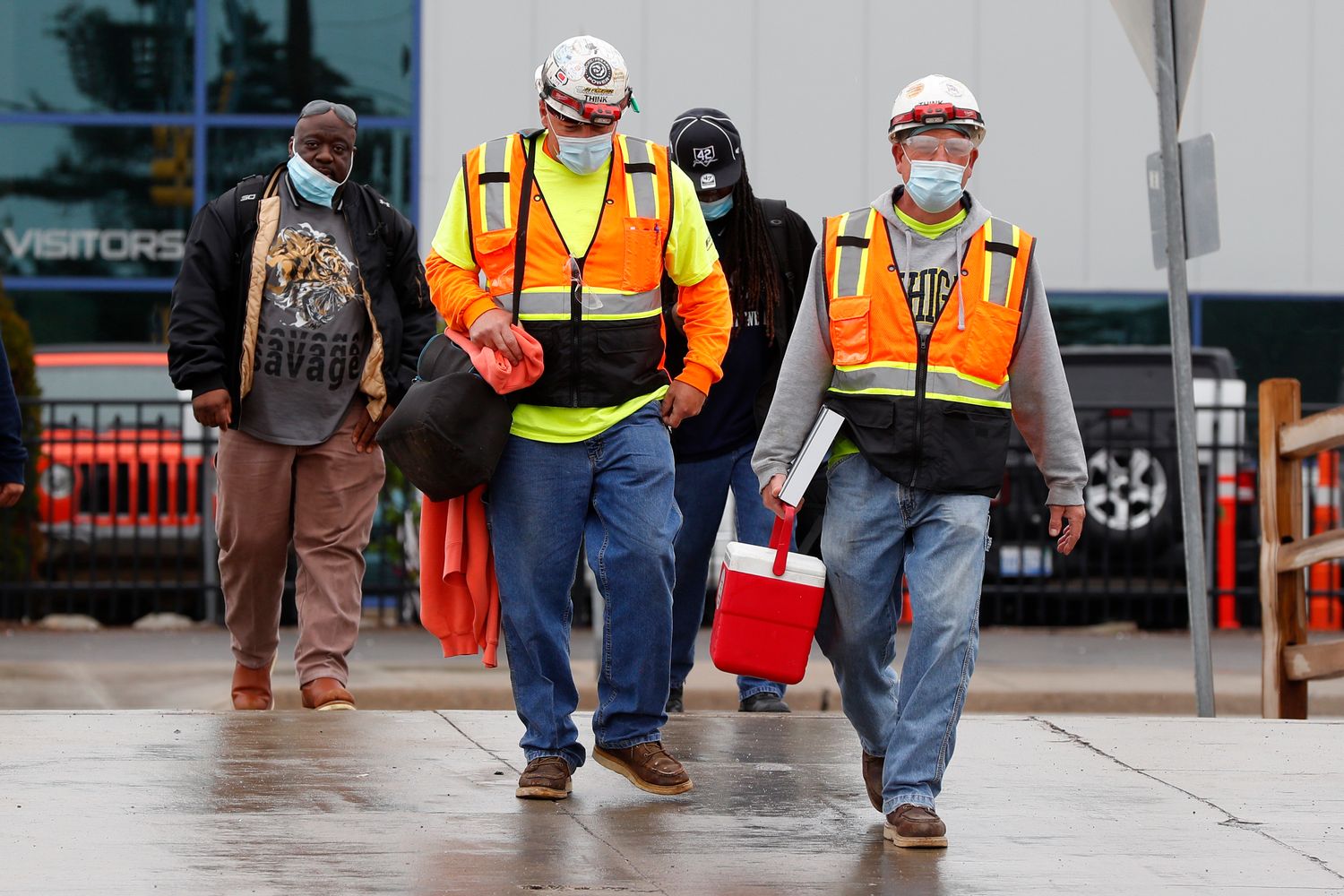
Labor Secretary Eugene Scalia maintains his department can enforce worker safety under a provision in the 1970 statute that created OSHA called the “general duty clause,” which requires businesses to maintain “a place of employment which are free from recognized hazards that are causing or are likely to cause death or serious physical harm to his employees.”
The clause enables OSHA “to provide for the protection of employees who are working under such unique circumstances that no standard has yet been enacted to cover this situation,” the House Committee on Education and Labor said in 1970. Scalia has said the clause is “applicable” to Covid-19 safety enforcement, and that the agency will “use it as appropriate.”
But OSHA has rarely used the general duty clause in enforcement. According to the National Safety Council, it was applied in 1.5 percent of all OSHA citations in fiscal year 2018 — in part, said Jordan Barab, who was OSHA deputy during the Obama administration, because it’s a cumbersome legal tool requiring a four-part legal test that makes it vulnerable to court challenge.
Worker advocates are now trying to force OSHA to become more aggressive. The AFL-CIO’s filing in the U.S. Court of Appeals in Washington, D.C., on Monday came after the federation and other unions petitioned the agency directly to issue a coronavirus safety standard in March. The agency did not act on their requests.
“It’s truly a sad day in America when working people must sue the organization tasked with protecting our health and safety,” said AFL-CIO President Richard Trumka. “But we’ve been left no choice. If the Trump administration refuses to act, we must compel them to.”
The coronavirus stimulus bill that House Democrats passed on Friday would require OSHA to issue, within seven days of enactment, an “emergency temporary standard” — that is, mandatory coronavirus safety rules for employers. Through the crisis, OSHA has issued guidance documents, many in collaboration with the Centers for Disease Control and Prevention, to protect workers in meatpacking plants, pharmacies, nursing homes, dentists’ offices and various other industries. But these are all recommendations, not government directives.
The Democrats’ bill would also require OSHA to issue, within 24 months of enactment, mandatory workplace safety rules for future disease outbreaks. The Obama administration began work on such a standard in response to the H1N1 outbreak in 2009 but never completed work on it. That effort was shelved by the Trump administration.
To business groups and many congressional Republicans, more aggressive federal enforcement of workplace safety is a luxury that America can’t afford when business shutdowns have pushed unemployment up to Depression-era levels.
„We need to make sure bad actors are not given a break,“ Senate Judiciary Chairman Lindsey Graham (R-S.C.) said Tuesday. „But the people who are trying to do it right, can reopen their businesses, their communities, schools and colleges with the assurance that if you practice the right procedures that you don’t have to worry about getting sued on top of everything else.“
But David Vladeck, a Georgetown Law professor, told senators at a May 12 hearing that providing blanket immunity to businesses, far from eliminating the cost of Covid-19 related injuries, would merely shift them onto workers and consumers.
“Immunity signals to workers and consumers that they go back to work, or they go to the grocery store at their peril,” Vladeck said, adding that businesses that safeguard employees and follow the recommended guidance will be protected from liability already.
Source: politico.com
See more here: news365.stream






